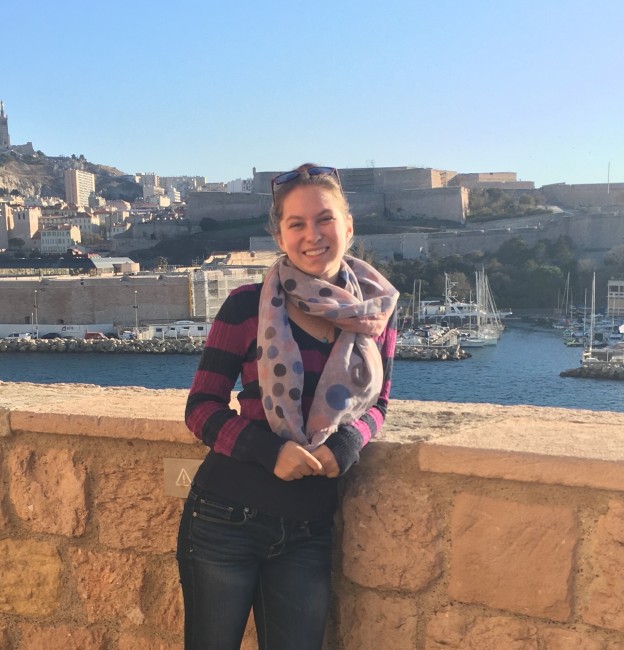Rachel Isaacs-Falbel, a senior Dance and Anthropology special major, describes herself as “very much a planner.” Her ultimate career goal has been consistent since high school; she wants to be executive director of a dance company someday.
Isaacs-Falbel has a long relationship with dance. When she was a young kid, ballet was offered as a consolation after her mom refused previous requests for figure skating or gymnastics lessons. It ended up sticking, in large part because she loved being onstage, describing herself as “a huge ham, and a huge drama queen.” It wasn’t until junior year of high school that she began to really enjoy ballet not only as an avenue through which to perform but also as a technique itself. Her appreciation of regular ballet classes deepened as she embraced the practice “as a learning process within [herself],” and not just to achieve an external goal.
And then, she says, “when I came to Swarthmore and became part of the dance department, that’s when it all really hit me.” Even more so than in high school, studying ballet and other dance forms proved to be a continuous challenge and avenue for personal growth, as teachers and other students here pushed her to be technically better than she ever thought she could be. “If someone had told me arriving at this school that I would have the control and technique that I have now,” says Isaacs-Falbel, “I would have been like, ‘you are lying, and I can’t do that.’”
But although she was taking technique classes and had “always sort of thought about majoring in dance,” she didn’t seriously consider it as an academic focus until enrolling in The Arts and Social Change with now-retired Professor Sharon E. Friedler. Having previously thought that studying movement theoretically would be boring, Isaacs-Falbel found that in fact the class “was amazing, and it changed my life.” She continued with Dance and Diaspora, taught by Professor Pallabi Chakravorty, which “touched on the interest I’ve always had in other cultures and learning about the world and the way that people interact. I saw that I could do that through studying dance.” After a heart-to-heart with professor and mentor Olivia Sabee in her sophomore year, she decided to combine her interests via a special major in Dance and Anthropology.
It’s proven to be a fruitful choice. Since then, Isaacs-Falbel has studied dance technique and theory abroad in Nice, France, interned at Boston Ballet School, and is currently at work on her thesis, which focuses on diversity initiatives in pre-professional ballet programs. Ballet companies are overwhelmingly white, and, she explains, “one of the main things that [they] say when they’re asked about this lack of representation is that they just can’t find good dancers. So it’s important to look at what the schools are doing.” Although she hasn’t finished her research, Isaacs-Falbel suspects that those schools’ efforts aren’t as sincere as they could be and is exploring in part the “idea of diversity as a commodity” and “the way the term has sort of lost all of its civil rights meanings and has been rearticulated to just mean ‘there’s some black people there,’ not that any structural change has been made.”
While she jokes that someday such a critical analysis will automatically disqualify her “from all the jobs I’ve ever wanted,” she plans to stay immersed in academia for a few more years at least, with the hope of going directly to graduate school for dance studies in France. There, she’ll continue on the trajectory launched by Swarthmore’s program, using dance as a lens through which to investigate both herself and the broader world.
